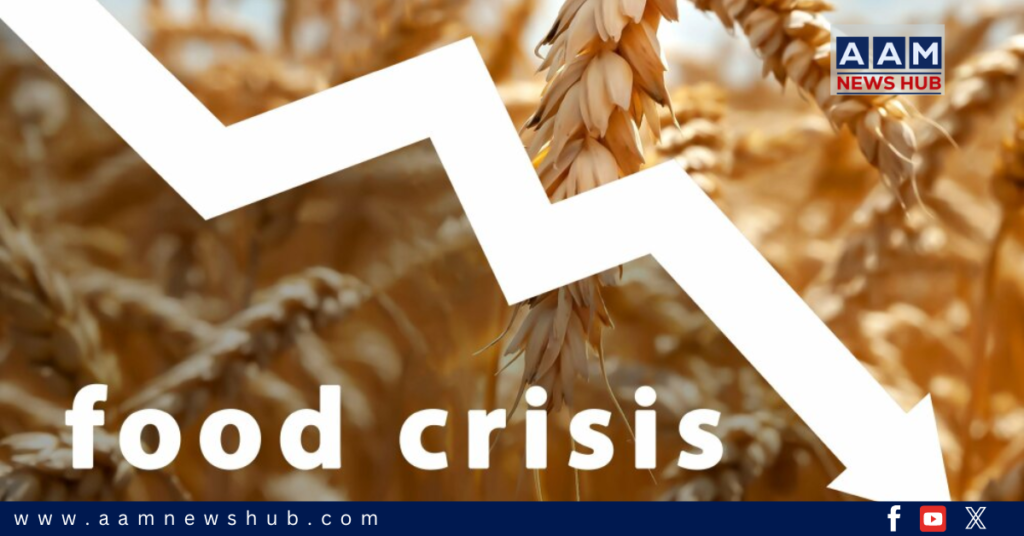The Wheat Crisis – Farmers Show Discontent Against the Government

The Wheat Crisis - Farmers Show Discontent Against the Government
Large groups of farmers in Pakistan have gathered to hold a nationwide protest in various cities against the government’s policy of choosing to import wheat rather than acquiring it from the farmers. This decision has not only caused a blow to the farmers’ yearly income but has also imbalanced the demand and supply chain. In Lahore, the authorities were seen trying to control the angry mob of protestors with the use of batons, beatings and widespread arrests. According to statistics, a whopping 3.5 million tonnes of wheat (approximately) was imported from September 2023 to March 2024 from the international market at a reasonably lower cost.
This resulted in the local farmers’ ample storage of imported wheat at the time of the harvest. The farmers are furious to have worked hard all year round to produce crops, only for them to be imported internationally at the time of harvest! Khalid Mehmood Khokhar, president of Pakistan Kissan Ittehad (PKI), shares his distaste over allowing wheat imports, creating a huge gap in the per annum income of the farmers. “we are expecting a production of nearly 32 million tonnes of wheat this year, but due to the unexpected import and the storage already full of wheat, we will be able to sell not more than 50 percent of our crop,” Khokhar told Al Jazeera. The farmers complain that the wheat production costs are skyrocketing due to soaring expenses of fertilizers, water and other necessities. In addition to these, if the farmers cannot even trust the government, they might as well seize the production of wheat. Prime Minister Shahbaz Sharif has plotted an investigation to look into the wheat crisis.
The ministers blame the caretaker government that took over last year and claim that it was their insensitivity towards the local farmers that led to this heart-wrenching loss. “The individuals who permitted the import of the wheat close to the harvesting season are to be blamed for this issue. How-ever, despite this, the government will lend any sort of support the farmers require,” said Bilal Yasin, provincial food minister for Punjab. In addition, the farmers may back out of producing wheat for commercial purposes due to uncertainty about their future and the government’s plan for future imports. The farmers blame the government for miscommunication and poor management, while the current government blames the caretaker government. With inflation already being a pressing matter for the country, will there be a way for the farmers to recover from this blow?






